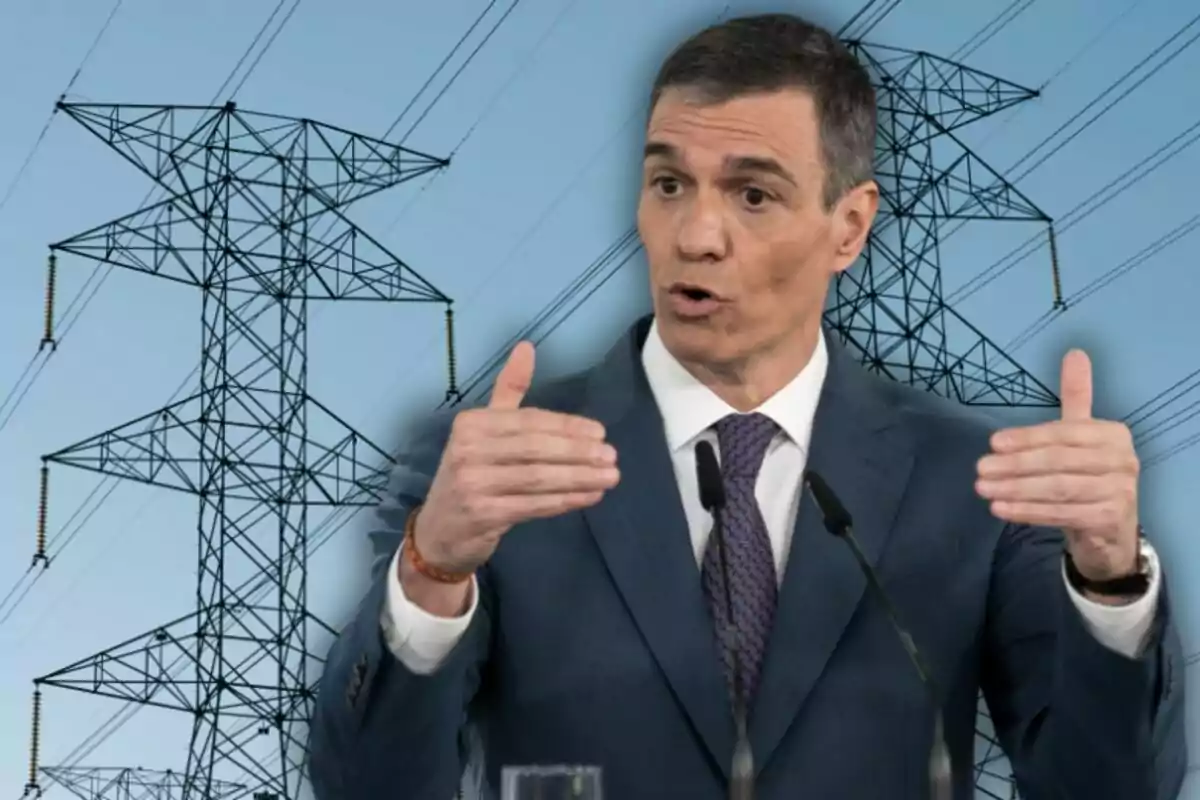
Pressure on the government to extend the life of nuclear power plants increases
The power outage has revived the debate about the energy strategy in Spain and Catalonia
The power outage on April 28 reignited the debate on energy strategy in Spain. President Pedro Sánchez's government approved the National Integrated Energy and Climate Plan in 2023, which includes the closure of nuclear power plants starting in 2027. The blackout has raised doubts about the viability of such an aggressive transition.

The government approved this plan in line with the European and global trend toward decarbonization. However, many countries are reviewing their plans in light of new scientific evidence and the turbulent geopolitical context.
New studies refute green dogmatism and show that nuclear energy is as clean or cleaner than renewables. There is also the risk of energy dependence in a context of wars and global imbalance. The significant increase in demand expected in the coming years also makes it essential to rely on nuclear energy.
Nuclear is back in vogue
In light of this reality, national and international entities are increasing pressure on President Pedro Sánchez's government. Starting with the International Energy Agency (IEA), which warned Spain about the risks of nuclear closure. It reminded what happened to Germany, which lost energy sovereignty and ended up sinking its industry.
Meanwhile, the CEOE, the Spanish employers' association, has called for a grand agreement to extend the life of nuclear plants. Spanish businesspeople see this energy source as indispensable for ensuring the stability of the electrical system.
Additionally, several reports have pointed in the same direction. Like the Draghi Report on European competitiveness, which recommends EU countries extend the useful life of their power plants. Or the report by the consulting firm LLYC, by former minister Jordi Sevilla, which also advocates for investment in nuclear energy.
In fact, tech companies are increasingly betting on investment in nuclear energy. In a short time, it has gone from being a discredited source to regaining its prestige as a future investment. That's why businesspeople are asking Spain to follow the path of Germany, Belgium, and Denmark, and reverse its plans.
Political change and the situation in Catalonia
All these analyses start from the same premise, which is the need for energy transition and renewable sources. But against the green essentialism of the left, there is a more realistic approach. Nuclear energy is essential for a viable, safe, and affordable energy transition.
In Spain, the orientation of political parties is also changing rapidly. Parties that staunchly defended the energy transition like ERC and Junts now agree on the need for a correction. In Congress, they have joined PP and Vox to request the extension of the useful life of nuclear plants.
The situation in Catalonia is even more pronounced due to the high dependence on nuclear energy and the limited deployment of renewables. In this regard, Foro Nuclear, the association representing the main nuclear entities, is taking steps. In the coming weeks, it plans to formally request a review of the nuclear closure schedule.
Additionally, they are calling for a review of the fiscal pressure exerted from Catalonia on nuclear plants. In Catalonia, there are three nuclear plants (Ascó I, Ascó II, and Vandellós II). Their closure, planned for 2030-2035, will be detrimental to families and the socioeconomic environment.
More posts: